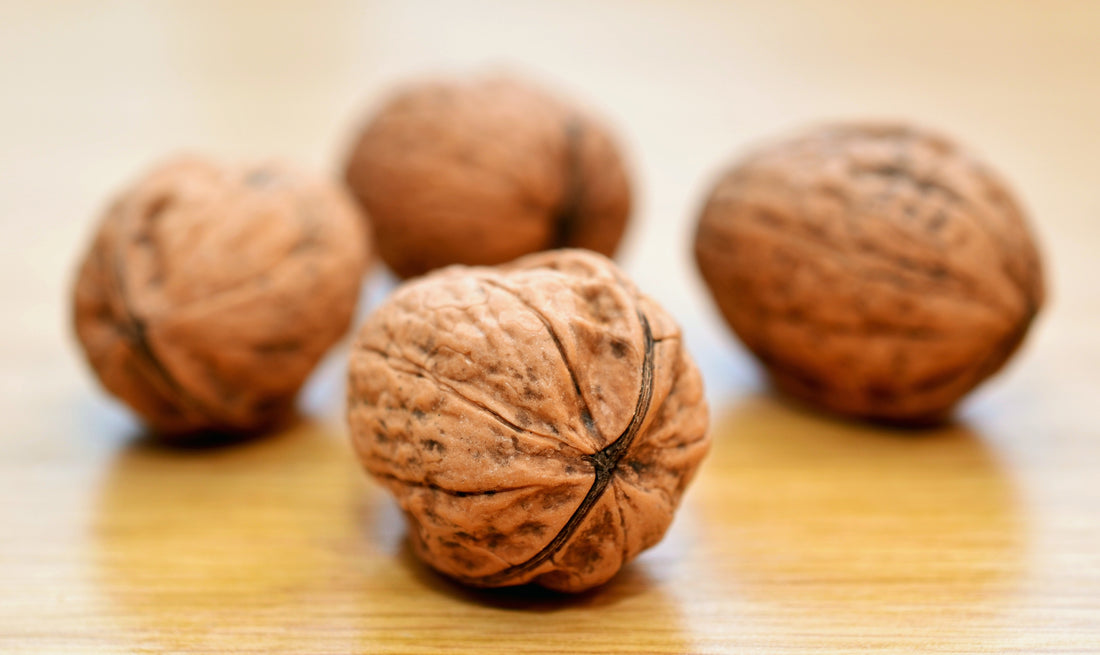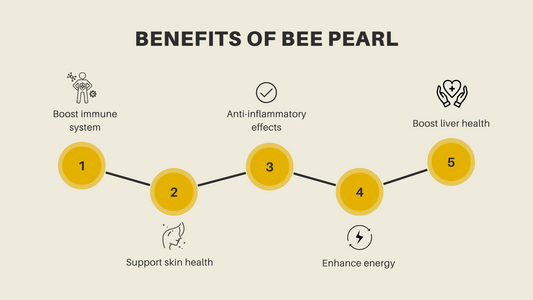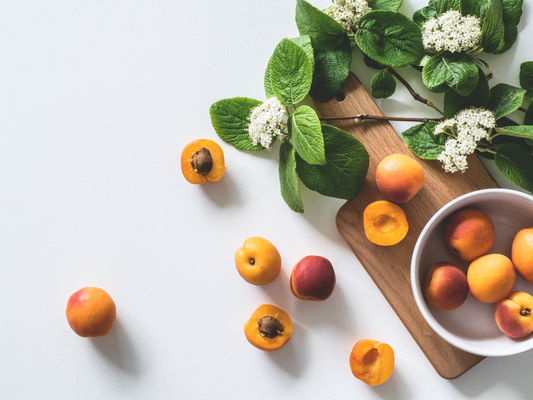Our bee pearl products are a good source of polyphenolic compounds. But what are they exactly?
Polyphenolic compounds are a large group of naturally occurring chemicals found in plants. They are made up of multiple phenol groups, which are organic compounds that contain a hydroxyl (-OH) group attached to a benzene ring. Polyphenols are found in a wide variety of foods, including fruits, vegetables, nuts, seeds, and beverages. Some of the most common polyphenolic compounds include flavonoids, phenolic acids, lignans, and stilbenes.
Polyphenols have a number of potential health benefits. They have been shown to act as antioxidants, which can help protect cells from damage caused by free radicals. Free radicals are unstable molecules that can damage cells and contribute to the development of chronic diseases such as cancer, heart disease, and Alzheimer's disease. Polyphenols have also been shown to have anti-inflammatory, anti-bacterial, and anti-viral properties.
There is a growing body of evidence to suggest that a diet rich in polyphenolic compounds may help to improve overall health and reduce the risk of chronic diseases. However, more research is needed to fully understand the health benefits of polyphenols and to determine the optimal intake levels.
What are the different types of polyphenolic compounds?
There are many different types of polyphenolic compounds, each with its own unique set of health benefits. Some of the most common types of polyphenolic compounds include:
- Flavonoids: Flavonoids are the most abundant type of polyphenolic compound. They are found in a wide variety of fruits, vegetables, and beverages. Flavonoids have been shown to have a number of health benefits, including reducing the risk of cancer, heart disease, and stroke. Some of the most common flavonoids include quercetin, kaempferol, and anthocyanins.
- Phenolic acids: Phenolic acids are another type of polyphenolic compound. They are found in a wide variety of fruits, vegetables, nuts, and seeds. Phenolic acids have been shown to have a number of health benefits, including reducing the risk of cancer, heart disease, and Alzheimer's disease. Some of the most common phenolic acids include ellagic acid, caffeic acid, and ferulic acid.
- Lignans: Lignans are a type of polyphenolic compound that is found in a wide variety of seeds, nuts, and fruits. Lignans have been shown to have a number of health benefits, including reducing the risk of cancer, heart disease, and osteoporosis. Some of the most common lignans include secoisolariciresinol diglucoside and enterolactone.
- Stilbenes: Stilbenes are a type of polyphenolic compound that is found in a variety of fruits, vegetables, and beverages. Stilbenes have been shown to have a number of health benefits, including reducing the risk of cancer, heart disease, and age-related macular degeneration. Some of the most common stilbenes include resveratrol and piceatannol.
How can I get more polyphenolic compounds in my diet?
The best way to get more polyphenolic compounds in your diet is to eat a variety of fruits, vegetables, nuts, seeds, and beverages. Some of the best sources of polyphenolic compounds include:
- Fruits: berries, apples, grapes, oranges, and tomatoes
- Vegetables: broccoli, Brussels sprouts, kale, onions, and spinach
- Nuts: almonds, hazelnuts, peanuts, and walnuts
- Seeds: flaxseeds, chia seeds, and sesame seeds
- Beverages: tea, coffee, and red wine
It is important to note that the amount of polyphenols in food can vary depending on the variety, growing conditions, and processing methods. Therefore, it is best to choose a variety of foods from all food groups to get the most benefit from polyphenols.
What are the potential side effects of polyphenolic compounds?
In general, polyphenolic compounds are safe for most people to consume. However, some people may experience side effects such as diarrhea, constipation, and stomach upset. In rare cases, polyphenolic compounds can interact with certain medications. Therefore, it is important to talk to your doctor before taking any supplements that contain polyphenolic compounds.
Conclusion
Polyphenolic compounds are a group of naturally occurring chemicals that have a number of potential health benefits. They can act as antioxidants, reduce inflammation, and fight bacteria and viruses. There is a growing body of evidence to suggest that a diet rich in polyphenolic compounds may help to improve overall health and reduce the risk of chronic diseases. However, more research is needed to fully understand the health benefits of polyphenols and to determine the optimal intake levels.
The best way to get more polyphenolic compounds in your diet is to eat a variety of fruits, vegetables, nuts, seeds, and beverages.




